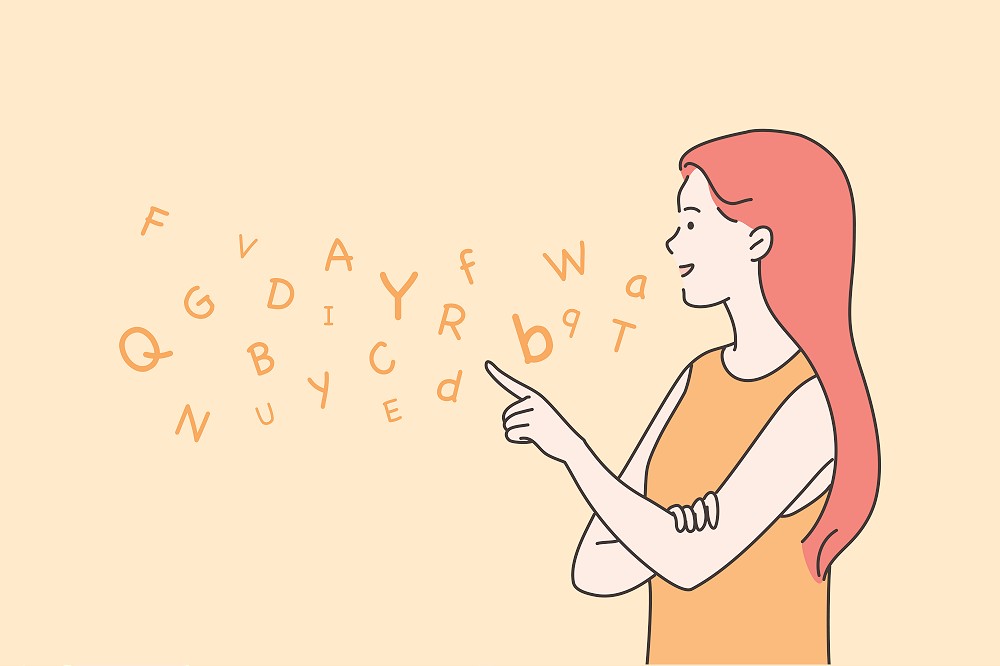Celebrities Who Stutter: Inspiring Stories Of Triumph Over Speech Challenges
When we think of celebrities, we often picture individuals who seem to have it all—confidence, charisma, and flawless public speaking skills. However, many famous personalities have faced the challenge of stuttering, a speech disorder that affects fluency. Despite this, they’ve achieved greatness and inspire millions with their resilience and determination.
Stuttering is more common than many people realize, and it affects individuals from all walks of life, including some of the most successful celebrities in the world. These individuals have shown that stuttering does not define one's potential or success.
In this article, we’ll explore the inspiring stories of celebrities who stutter, their journeys, and how they’ve overcome challenges to achieve greatness. We’ll also delve into the science behind stuttering, its impact, and strategies for managing it effectively.
Read also:Michael Mando A Rising Star In The Entertainment Industry
Table of Contents
- Biography of Celebrities Who Stutter
- What Is Stuttering?
- Famous Celebrities Who Stutter
- Causes of Stuttering
- Impact of Stuttering on Life
- Strategies for Managing Stuttering
- The Importance of a Support System
- Celebrity Inspiration for People Who Stutter
- Stuttering in Media and Entertainment
- Conclusion
Biography of Celebrities Who Stutter
Overview of Celebrities with Speech Disorders
Many celebrities have openly discussed their struggles with stuttering, breaking down stigmas and offering hope to those facing similar challenges. Below is a brief overview of some of these inspiring individuals, including their achievements and how they’ve overcome stuttering.
| Name | Profession | Date of Birth | Place of Birth | Notable Achievements |
|---|---|---|---|---|
| James Earl Jones | Actor | January 17, 1931 | Arcadia, Michigan, USA | Academy Award Honorary Award, Tony Award, Emmy Award |
| Emily Blunt | Actress | February 23, 1983 | London, England | Golden Globe Award, BAFTA Award, Screen Actors Guild Award |
| Bruce Willis | Actor | March 19, 1955 | Idar-Oberstein, Germany | Academy Award Nominee, Golden Globe Award, Emmy Award |
What Is Stuttering?
Stuttering, also known as stammering, is a speech disorder characterized by repetitions, prolongations, or abnormal stoppages of sounds during speech. It affects millions of people worldwide and can vary in severity from mild to severe.
Types of Stuttering
There are several types of stuttering, including:
- Developmental Stuttering: The most common type, usually occurring in childhood.
- Neurogenic Stuttering: Caused by signal problems between the brain and nerves or muscles.
- Psychogenic Stuttering: Originating in the area of the brain that governs thought and reasoning.
Famous Celebrities Who Stutter
James Earl Jones
Renowned actor James Earl Jones is one of the most famous celebrities who stuttered as a child. Despite his initial struggles with speech, he went on to become one of the most iconic voices in Hollywood, known for his deep, resonant voice in films like "Star Wars" and "The Lion King."
Emily Blunt
English actress Emily Blunt battled stuttering during her childhood but overcame it through acting. She credits theater and role-playing as key tools in helping her manage her speech challenges. Today, she is one of the most celebrated actresses in the industry.
Causes of Stuttering
The exact cause of stuttering is still not fully understood, but research suggests a combination of factors, including genetics, neurophysiology, and environmental influences. Studies indicate that stuttering often runs in families, pointing to a genetic link.
Read also:Sarah Best A Rising Star In The World Of Entertainment
Genetic Factors
Research has identified specific genes associated with stuttering, shedding light on its hereditary nature. According to the National Institute on Deafness and Other Communication Disorders (NIDCD), approximately 60% of people who stutter have a family history of the condition.
Impact of Stuttering on Life
Stuttering can significantly impact an individual's personal and professional life. It may lead to anxiety, social withdrawal, and reduced self-confidence. However, many individuals who stutter have found ways to thrive despite these challenges.
Emotional Effects
Emotionally, stuttering can be a daunting experience. People who stutter may face bullying, discrimination, or self-doubt. It’s crucial to address these emotional barriers to build resilience and self-esteem.
Strategies for Managing Stuttering
There are several strategies and therapies available to help manage stuttering effectively. These include speech therapy, cognitive-behavioral therapy, and technological aids.
Speech Therapy
Speech therapy is one of the most effective ways to manage stuttering. Techniques such as fluency shaping and stuttering modification can help individuals gain more control over their speech patterns.
The Importance of a Support System
A strong support system plays a vital role in helping individuals who stutter. Family, friends, and support groups can provide encouragement, understanding, and practical assistance.
Joining Support Groups
Support groups offer a safe space for individuals to share experiences, learn from others, and gain confidence. Organizations like the National Stuttering Association (NSA) and the British Stammering Association (BSA) provide valuable resources and community support.
Celebrity Inspiration for People Who Stutter
Celebrities who stutter serve as powerful role models, showing that speech challenges do not limit one’s potential. Their stories inspire millions to embrace their uniqueness and pursue their dreams with confidence.
Public Awareness
By speaking openly about their experiences, these celebrities raise awareness and reduce stigma surrounding stuttering. Their courage encourages others to seek help and support when needed.
Stuttering in Media and Entertainment
Media representation of stuttering has evolved over the years, with more accurate and empathetic portrayals. Films like "The King's Speech" have brought attention to the condition and its impact on individuals.
Positive Representation
Positive representation in media helps break down stereotypes and fosters understanding. It’s essential for filmmakers and content creators to approach the topic with sensitivity and authenticity.
Conclusion
Celebrities who stutter have shown the world that speech challenges do not define one’s potential or success. Through determination, support, and effective strategies, they’ve achieved greatness and inspired countless others.
We encourage readers to share their thoughts and experiences in the comments below. If you or someone you know struggles with stuttering, remember that help and support are available. Explore our other articles for more insights and resources on overcoming life’s challenges.
References:
- National Institute on Deafness and Other Communication Disorders (NIDCD)
- National Stuttering Association (NSA)
- British Stammering Association (BSA)


